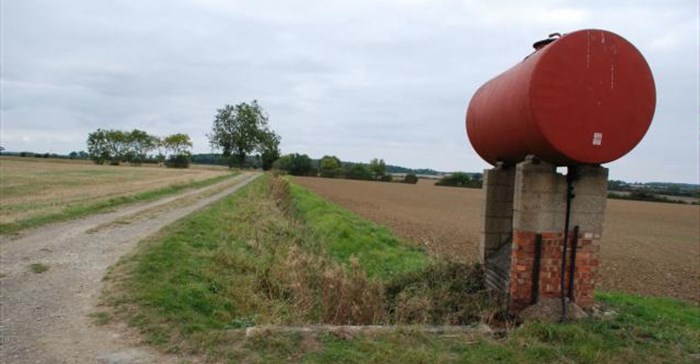For farmers who are still struggling financially due to the drought, a further decrease in the price of fuel and diesel by 65c on average will provide some relief. Head of information and marketing at FNB Business, Agriculture, Dawie Maree says farmers in South Africa have endured the most severe test due to the drought and it will take a couple of years before they fully recover. Therefore, any form of relief is welcome.

Dawie Maree
Although lower prices will have a different impact on field crop and livestock farmers, depending on how their operations are set up, there is potential to lower production costs, lessening strain on cash flow.
Fuel and diesel are commonly used for tillage, harvesting, machinery, and transportation, making it a critical component for both small-scale and commercial farmers, as well as the entire agricultural value chain. Maree says small-scale farmers in particular, who have suffered most from the drought, will significantly save costs and may expect improved cash flow.
“Fuel prices are extremely volatile as they are influenced by a number of economic factors ranging from global oil prices to currency exchange rate volatility. As a result, farmers that have cash on hand should consider buying fuel and diesel in bulk, as there is no guarantee that prices will remain low.”
The bottom line
Given the tough economic environment, subdued growth, coupled with the possibility of another interest rate hike this year and the imminent tyre levy, savings on fuel and diesel are bound to have an immediate impact on the bottom line of farmers. For the entire value chain, lower fuel prices are just as beneficial, as transport costs and diesel specifically have an important role to play in distribution and input costs.
“The same principle applies to the fruit export industry, where cash flow often comes under pressure when the Rand strengthens,” says Maree.
“Furthermore, lower fuel costs in the long-term would probably result in lower food inflation, which would benefit consumers, who are also under significant pressure. However, consumers should expect a delayed effect as it could take several months before the savings translate to lower food prices, considering that fuel prices do not increase in the interim,” concludes Maree.





































